Get Into Games 2015: Dare to be Digital BAFTA winners share game jam advice
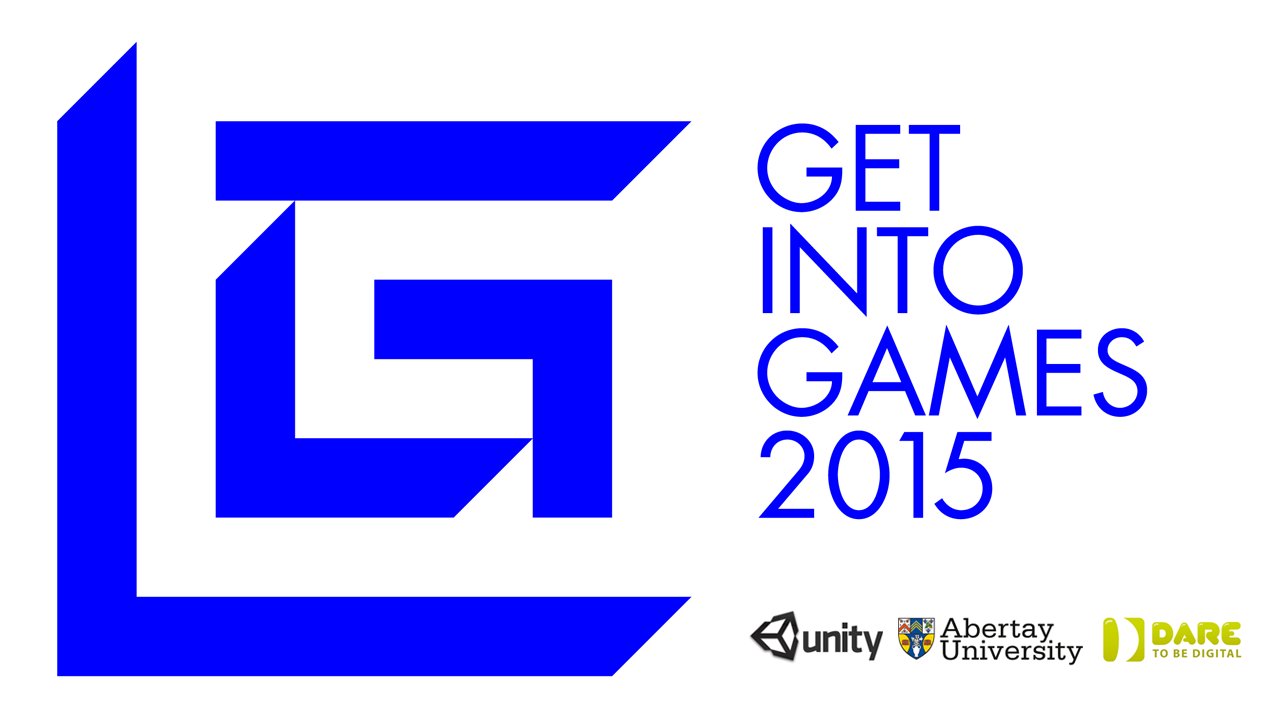
This year’s Edge Get Into Games Challenge, in association with Unity and Abertay University, is now in full swing. The theme for our latest challenge is loot, which you’re free to interpret as you wish, and you can find more details on the rules and how to enter, here.
To help you along the way, we’ve spoken to three winners of the BAFTA Ones to Watch award and asked them to share their advice for successfully producing a game in a perishingly short amount of time.
These individuals were all nominated for their awards as a result of taking part in Abertay University’s Dare to be Digital student game design contest, so are well placed to impart their knowledge on game jam best practice. And if you’re a student team with no particular love of free time or sleep, there’s nothing to stop you entering this year’s Dare to be Digital competition as well as Get Into Games.
Applications for Dare to be Digital 2015 are open until May 3, and you can sign up here.
Kevin Wong, BAFTA Ones to Watch winner 2015
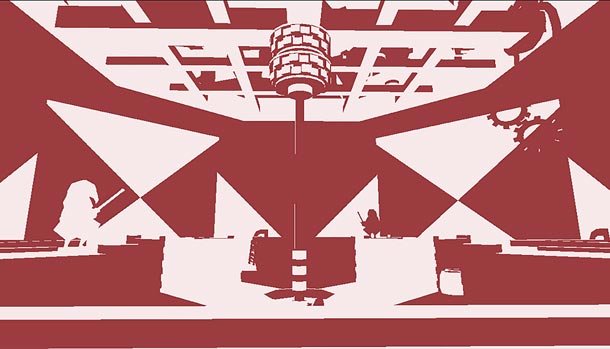
Game Chambara
Team Overly Kinetic
What's the key piece of advice you'd offer to anyone trying to make a game in a short space of time?
Thoroughly consider the scope of what you're trying to construct and the time, resources, and skills that you and your team have. A well-scoped project within your abilities will go much more smoothly than an overambitious one. Game jam projects work best when they are simple and small with plenty of time left for polish, and every hour that you have under that deadline becomes important. You can still meander and experiment during development, but make sure those experiments result in discoveries that inform later design decisions.
Sign up to the GamesRadar+ Newsletter
Weekly digests, tales from the communities you love, and more
What are the potential pitfalls to look out for?
Not accommodating time for playtesting and feedback is a common mistake that can be made under the constraints of a game jam. While we were working on Chambara, we would regularly upload work-in-progress builds to our website and survey our friends for feedback. That feedback would inform the next week's goals and helped us set priorities that worked in the game's best interest. The result was a more polished game that better delivered on our overall design goals.
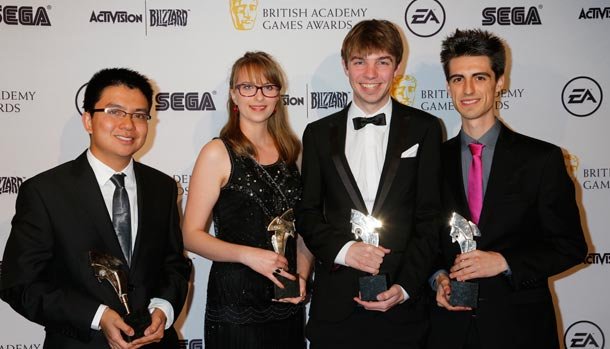
Do you enjoy the process of making a game quickly?
We've been participating in time-constrained game jams like the Global Game Jam for several years now and seriously love the atmosphere and culture that manifests under incredible time constraints. Limitations force you to think creatively to overcome challenges under pressure, pushing you to conquer your fears and doubts and do your best, most focused work.
I've found on other projects that the absence of constraints invites aimless meandering, and the demanding timeline of Dare to be Digital keeps you focused on what's important. We love the collaboration that events like Dare demand, and the non-unilateral relationship between expressive minds that manifests there is amazing.
What's next for Chambara?
Right now, a version of Chambara is free for download on our website and that's something that we want to keep online. However, we would also like to further develop the game and give it life by bringing out its strengths and fully exploring the design potentials of our dichromatic aesthetic. We have bold plans for Chambara, and we are incredibly excited to take on the challenges that the future holds.
Mattis Delerud, BAFTA Ones to Watch winner 2014
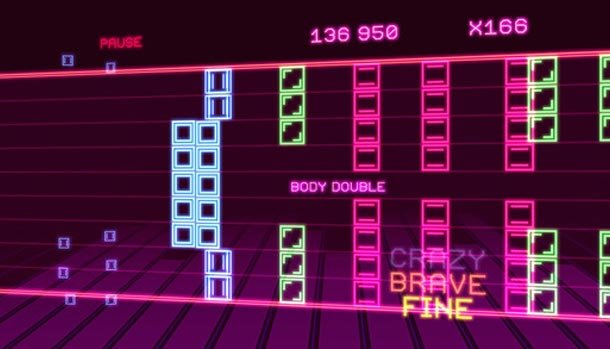
Game Size DOES Matter
Team Team DOS
What's advice would you offer someone embarking on their first game jam?
To DOS Studios it has been all about project scoping. We have a rule of thumb to scope a project: the size of what we would be able to produce in one third of the time that is allotted to the project. This way you will always have time to fix bugs and polish your game.
What should game jam participants try to avoid?
Don't be afraid to fail. Humans have a very natural fear of failing at tasks. This makes us unsure of ourselves, which in turn affects our productivity. Don’t be afraid to fail, embrace it. Failing at a task is certainly the most direct, in-your-face lecture you can experience.
How did you find the process of making a game so quickly - is it something you'd like to do again?
I think making games in a short time span is so much fun. It puts me on edge, it makes me nervous, it teaches me to communicate more clearly and I would most definitely do it again.
What's next for DOS Studios?
We are currently in the prototype process and applying for funding on a new project. The game will feature rhythm-like elements in terms of gameplay mechanics, although the game will be experienced in a completely different way. When it comes to Size DOES Matter we might, in the future, release a content update, although this is not yet decided upon.
Kimi Sulopuisto, BAFTA Ones to Watch winner 2013
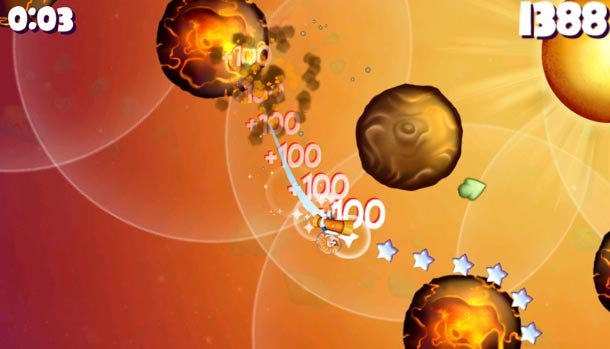
Game Starcrossed
Team Kind of a Big Deal
What advice would you give to those entering the Edge Get Into Games Challenge?
Game development within a small time frame is all about being efficient – you'll want to get the absolute most bang for your buck at every turn. Many successful indie games wow the audience with simple, emergent gameplay, and these games consist of simple parts, yet the number of strategies and approaches that they allow is tremendous. This is what you want to do: create a design-centric game that is as light as possible on art and code without compromising quality.
And what problems might the process throw up?
Many aspects of game development are notorious time sinks. Think twice before using complex physics or 3D animation, and ask yourself: are these really necessary? Stick to tried-and-true methods whenever possible, and choose a familiar platform so that you won’t have to spend all your development time learning the basics. And remember to get enough sleep: lumbering zombies are not efficient.
Do you enjoy the intensity of game jams?
Rapid game development is extremely fun. In fact, it’s probably the best kind!
What happened after you won?
My Dare to be Digital project became my first published video game. I've since moved on to other projects, but this one was a very important milestone for my budding career.
Edge magazine was launched in 1993 with a mission to dig deep into the inner workings of the international videogame industry, quickly building a reputation for next-level analysis, features, interviews and reviews that holds fast nearly 30 years on.



